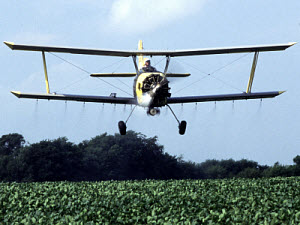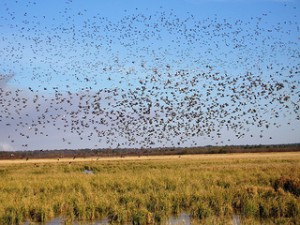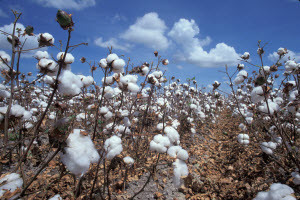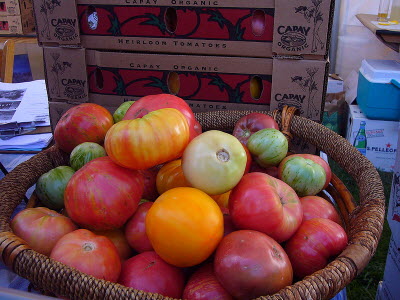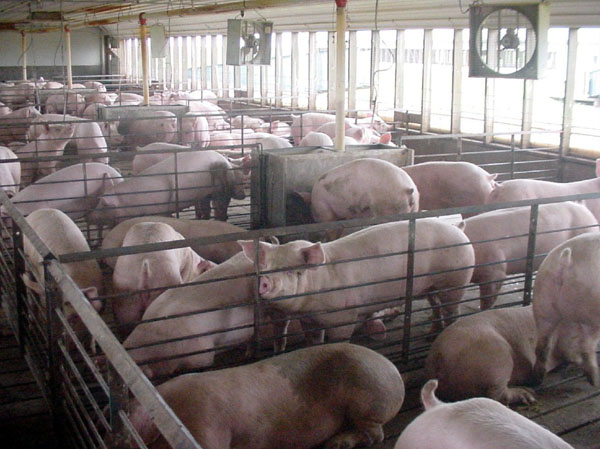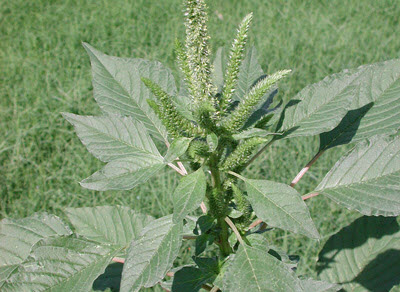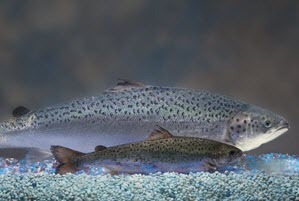Whether pesticides are sprayed on neighboring fields, forest tracts or golf courses, the problem of pesticide drift is undoubtedly on the minds of many. That’s why the recent Minnessota Supreme Court decision raised quite a few eyebrows and demands a closer look.
|
|
|||
|
A posted announcement by the U.S. Department of Agriculture caused quite a stir on Wednesday when it appeared to embrace the “Meatless Monday” campaign until it heard from the beef industry. Oops! Did you know that United States permits the planting of genetically engineered crops in the nation’s protected wildlife refuges? Environmental groups have challenged this practice one region at a time. A new army of out-of-control herbicide-resistant weeds has many farmers across agricultural states returning to the very same practices that the chemical “miracle” was supposed to eliminate. Our in depth look at the emerged battleground and solutions. Genetically modified crops reinforce genetic homogeneity and promote large scale monocultures, they increase vulnerability of crops to climate change, pests and diseases and thus contribute to the decline in biodiversity. In the age where 75% of our plant genetic diversity has been lost, we must ask whether GMOs are doing more harm than good. Gold rush is a thing of the past. The name of the new game is “land grab”, where governments of developed nations and multinational companies are leasing or buying large tracks of land across the African continent and other countries around the world in a feverish rush to grow crops for food and bio-fuel. The Future of Food conference can be neatly summed up by this timeless aphorism uttered by Mahatma Gandhi: You must be the change you want to see in the world. Let’s get to work! If approved by the FDA, a new bill introduced in California, known as The Consumers Right To Know Act, would require labeling on all genetically engineered salmon sold in California. USDA often sides with and promotes industry interests. Its new pilot program allowing biotech developers to prepare their own safety studies or pay for those selected by the agency will only reinforce the image of an agency regulating for the industry. The organic food sector grew last year by nearly 8 percent, far out-pacing the overall stagnant U.S. food industry and providing new jobs. Consumers continue voting organic with their dollars. A study confirms what many in rural communities know too well — some factory farms are industrial-scale polluters. These polluters, however, still escape clean air regulations. Lawsuit by organic groups asks Federal court to invalidate Monsanto’s patents and to end Monsanto’s practice of suing farmers over GMO contamination. A bill that waters down EPA protections of the Clean Water Act is recommended for consideration by the House as a whole. This is one of several Republican sponsored bills aimed at reducing EPA powers. Conventional and organic farmers and environmental groups filed a lawsuit challenging the USDA’s decision to permit the unrestricted commercial release of genetically engineered alfalfa. The usual and unusual politics surrounding the deregulation of genetically engineered alfalfa. According to the global market research firm RNCOS, the organic food market in the United States is to continue rapid growth that was barely quieted by the economic recession. While environmental issues have taken a back seat to economy all over the country, industry groups and their defenders in Congress are using this time to advance an agenda designed to erode many successful laws, such as Clean Water Act. Superweeds are invading fields across the globe. Before we start looking blaming farmers, however, careful attention must be paid to government agencies and seed companies and how the two partner-up to foster the conditions that lead to superweeds. The Food and Drug Administration has preliminarily determined that a genetically modified salmon developed by AquaBounty Technologies is safe for human consumption but many questions about the safety of GE salmon persist. Yes, some of the highest concentrations of BPA that we are regularly exposed to are not in plastic bottles or cans, but in at least 40% of paper receipts we get from supermarkets, ATMs, and gas stations. In a study by the Environmental Working Group, some tested receipts showed 1,000 times the amount of BPA as you would find on a typical food can! Apparently, 93% of Americans have detectable levels of BPA, an endocrine disruptor that may cause cancers and reproductive problems. A Ghanaian village will get the chance to see its national heroes play in the 2010 FIFA World Cup South Africa, despite being outside the national grid, through a scheme promoting the use of solar energy. The 6,900 people living in and around Oboadaka, an hour from capital city Accra, will be able to watch matches live in an attempt to persuade them of the benefits of solar power. With the 2010 Soccer World Cup just days away and with the world’s eye focused on South Africa, we decided to take an exciting departure for our publication to examine the environmental impact of the tournament. We look closely at World Cup’s carbon footprint and the innovative programs undertaken to reduce it. EPA has announced plans to place additional limitations on the use of three N-methyl carbamate pesticides – carbaryl, carbofuran and methomyl – to protect endangered and threatened salmon and steelhead in California, Idaho, Oregon and Washington, in compliance with the Endangered Species Act. The decision comes after manufacturers of the chemicals diazinon, malathion and chlorpyrifos refused to adopt the limits voluntarily. |
|||
|
 |
|||
